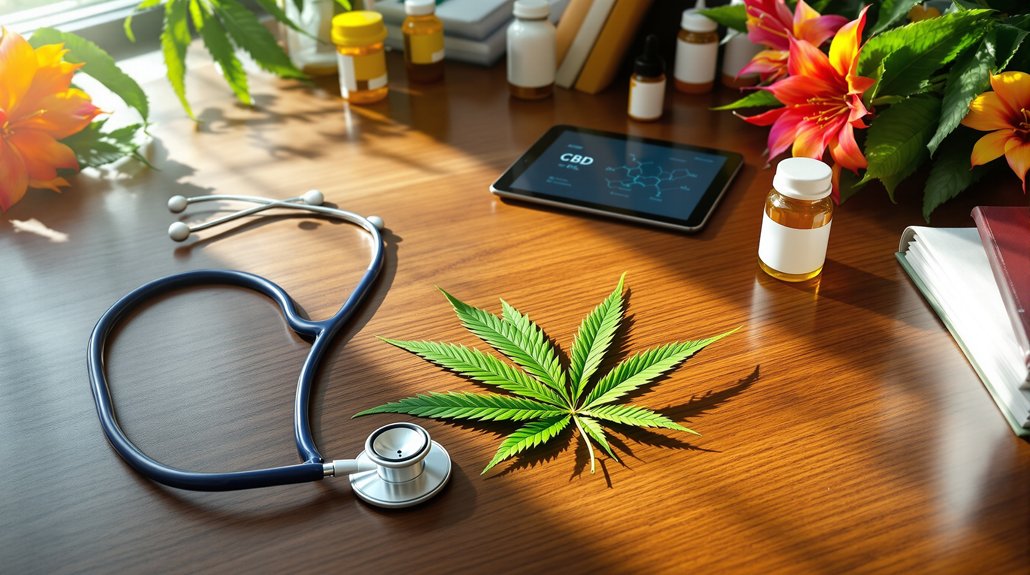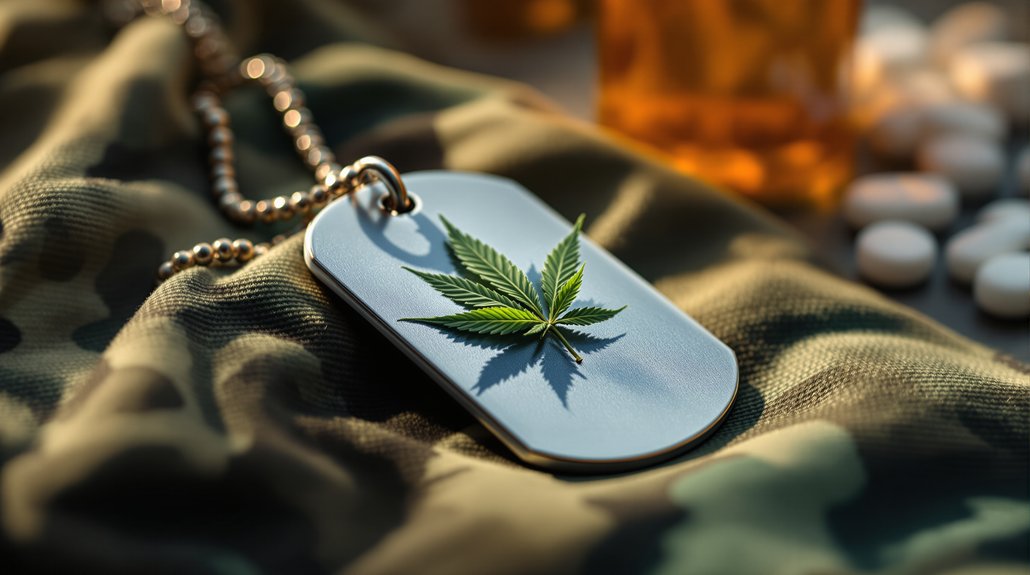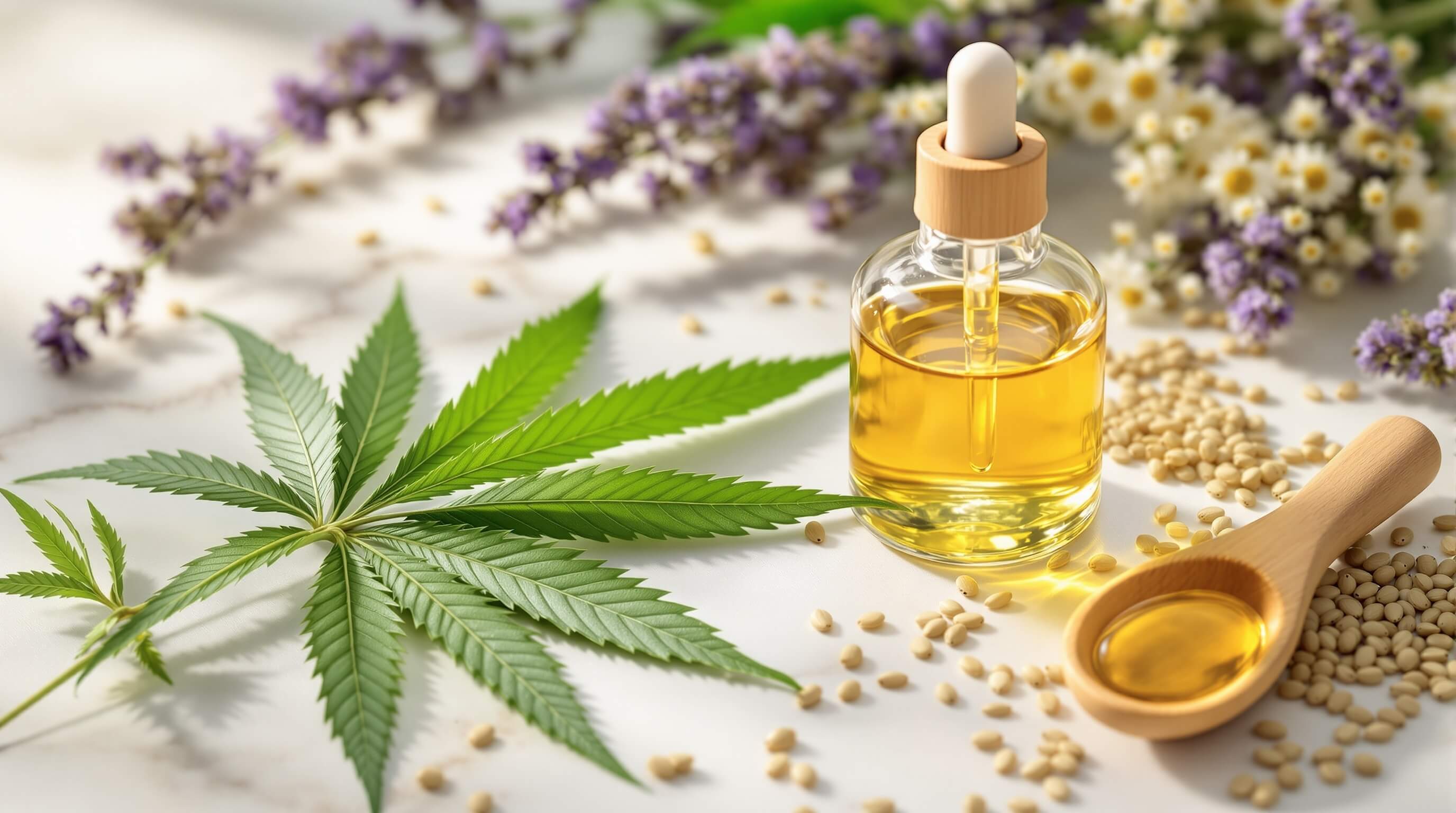Hawaii’s Department of Health has launched a detailed medical marijuana training program designed to educate healthcare providers about cannabis therapeutics, marking a significant shift in the state’s approach to medical cannabis education. The initiative offers free, accredited Continuing Medical Education and Continuing Education courses that provide healthcare professionals with essential knowledge about the endocannabinoid system, cannabinoid pharmacology, and clinical applications of medical cannabis and CBD.
Hawaii’s Department of Health launches free accredited medical marijuana training program for healthcare providers, marking significant shift in cannabis education approach.
The extensive curriculum includes a three-credit course on medical cannabis and a two-credit course focusing specifically on CBD’s clinical uses. These online programs serve both medical professionals and dispensary personnel, covering fundamental topics such as cannabis science, Hawaii’s legal framework, various forms of cannabis, recommended dosages, and important contraindications.
The training modules address critical areas including state and federal legal contexts, patient eligibility requirements, and different methods of medical cannabis administration. Educational content explores the science behind the endocannabinoid system, explaining cannabinoid receptor function and potential therapeutic pathways.
Healthcare providers learn about differences between inhalation and ingestion methods, potential drug interactions, dosing strategies, and recommended ratios for specific medical conditions. The program emphasizes patient assessment techniques, risk-benefit analysis, and effective patient counseling approaches for medical marijuana use. Video testimonials from medical experts, infographics, and certification exams enhance the learning experience.
This training initiative responds to emerging evidence supporting cannabis effectiveness for conditions including chronic pain, chemotherapy-induced nausea, multiple sclerosis spasticity, and seizure disorders. The curriculum also educates providers on identifying nutrient deficiencies that can impact medicinal cannabis quality when grown by patients. Hawaii has expanded medical cannabis access, allowing providers to recommend cannabis for any condition they deem appropriate, moving beyond previously specified legal restrictions.
The program addresses significant knowledge gaps in medical education while updating clinical practices to align with current research. Only state-licensed Medical Doctors, Doctors of Osteopathy, and Advanced Practice Registered Nurses can recommend and certify patients for medical cannabis use. With over 120,000 patients having enrolled in Hawaii’s medical cannabis program since its inception, the training emphasizes the importance of understanding potential side effects and drug interactions to ensure patient safety.
All recommending providers must register with the Department of Public Safety under Hawaii’s Medical Use of Cannabis Act. The state maintains a public registry of certified practitioners, including their credentials and contact information, with a maximum allowable recommendation of four ounces per patient.
Hawaii’s progressive approach includes permitting both in-person and telemedicine appointments for patient certifications and renewals, expanding access through telehealth services. Patients can conveniently join an appointment waitlist through the state’s online application system. This extensive training program represents Hawaii’s commitment to evidence-based medical cannabis education, addressing increasing patient interest while ensuring healthcare providers possess the knowledge necessary for safe, informed patient care.
The initiative positions Hawaii as a leader in medical cannabis education reform.








